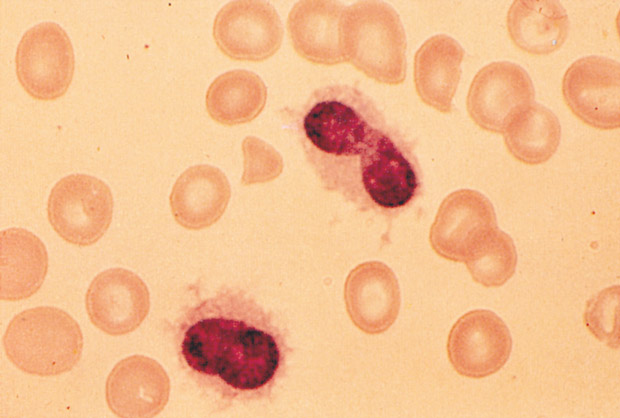Eating disorders may cast a wider-than-expected net
This issue also covers extended lifespans for Down syndrome, the future of primary care, and subclinical hypothyroidism.
Eating disorders are often thought of as conditions that affect young women, but older adults are susceptible, too. Data from 2017 among those over age 40 years indicate a prevalence of around 3.5% in women and 1% to 2% in men. While these rates are lower than in younger patients, they are still significant. Our story offers an overview of the problem, discusses potential triggers (for example, changes at midlife), and provides tips on what internists should look for in their older patients. For example, a thorough history can give more information than laboratory tests, and a low BMI in an older patient can be a red flag rather than a good sign.
In the 1970s, the average lifespan of a patient with Down syndrome was age 30. Thanks to medical advancements, it was age 60 by 2012. This means more patients with Down syndrome are now transitioning from pediatricians to adult primary care, but primary care physicians may not feel they have the knowledge to manage Down syndrome patients, and specialty clinics can be few and far between. New guidelines released in October 2020 by the Global Down Syndrome Foundation Medical Care Guidelines for Adults with Down Syndrome Workgroup aim to close those gaps by offering internists and other physicians recommendations on screening, referral, and other areas of care. Our story reviews the guidelines and discusses where more evidence is necessary and how internists can step in.
The future of primary care deservedly gets a close focus in this issue, with the President's Message and Washington Perspective both examining what that future should look like, post-COVID-19 and with a new administration in the White House. In addition a story on the Primary Care Collaborative's annual conference, held in late 2020 and sponsored in part by ACP, discusses what it will take to create a more equitable health care delivery system.
In addition, a feature story reviews the current state of the evidence on screening and treatment of subclinical hypothyroidism. Guidelines differ, so physicians need to balance risks and benefits based on individual patients and their preferences, according to experts. Conference coverage from ACG 2020, held virtually last October, offers advice on managing patients with symptoms of gastroesophageal reflux disease that don't respond to proton-pump inhibitors. Read about how physicians across the country are working to improve access to dialysis for undocumented patients, who often may only qualify for coverage of the treatment on an emergency basis.
Do you currently manage patients with Down syndrome in your practice? What is your vision for the future of primary care? Let us know your thoughts on these and any other issues at immatters@acponline.org.
Sincerely,
Jennifer Kearney-Strouse
Executive Editor





